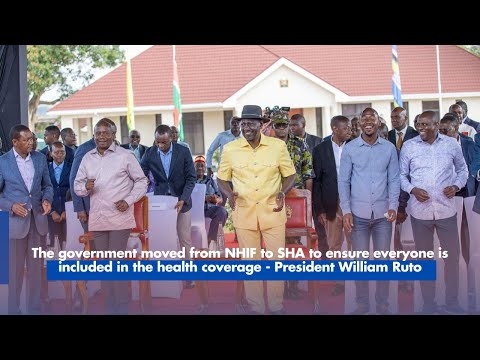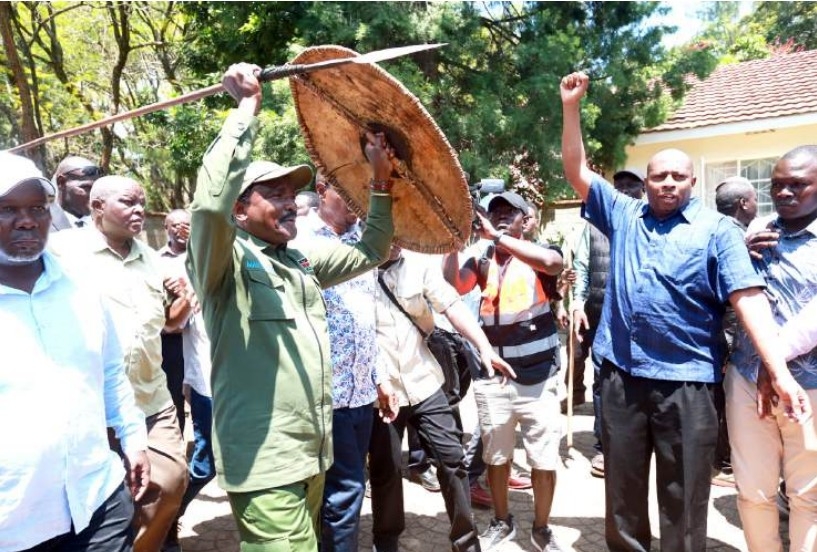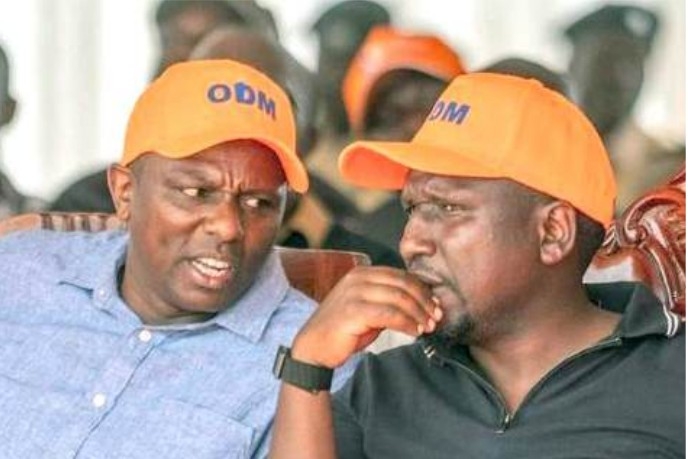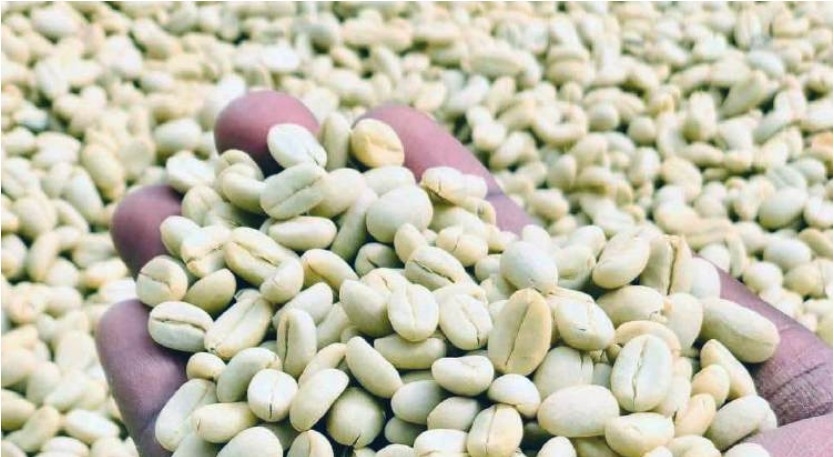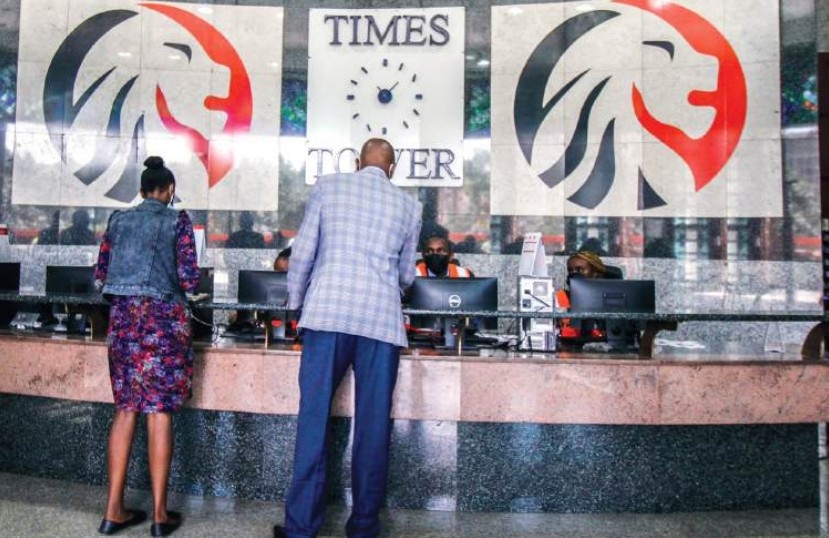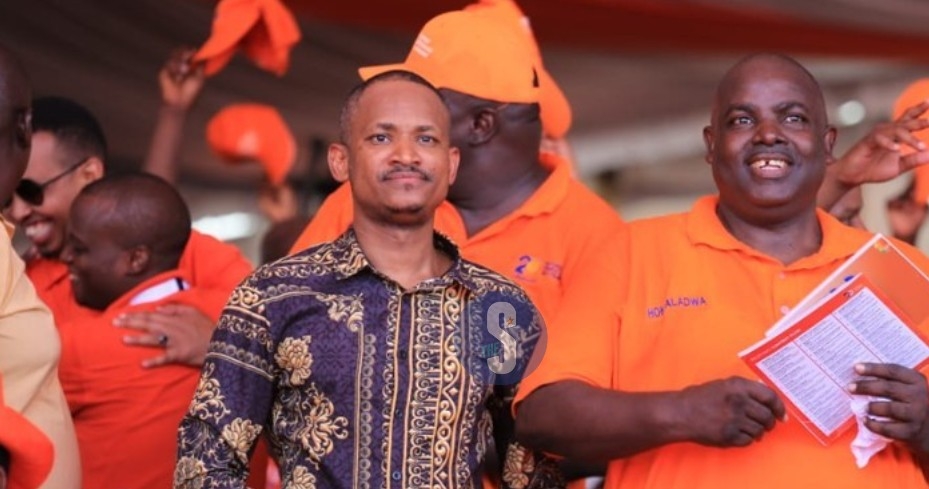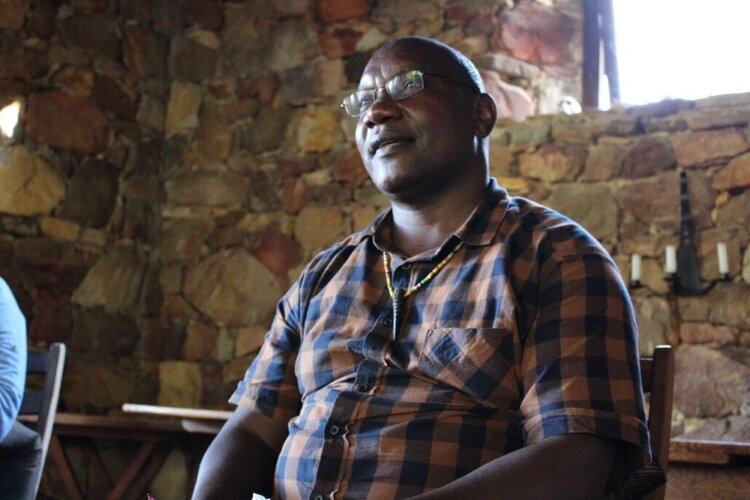
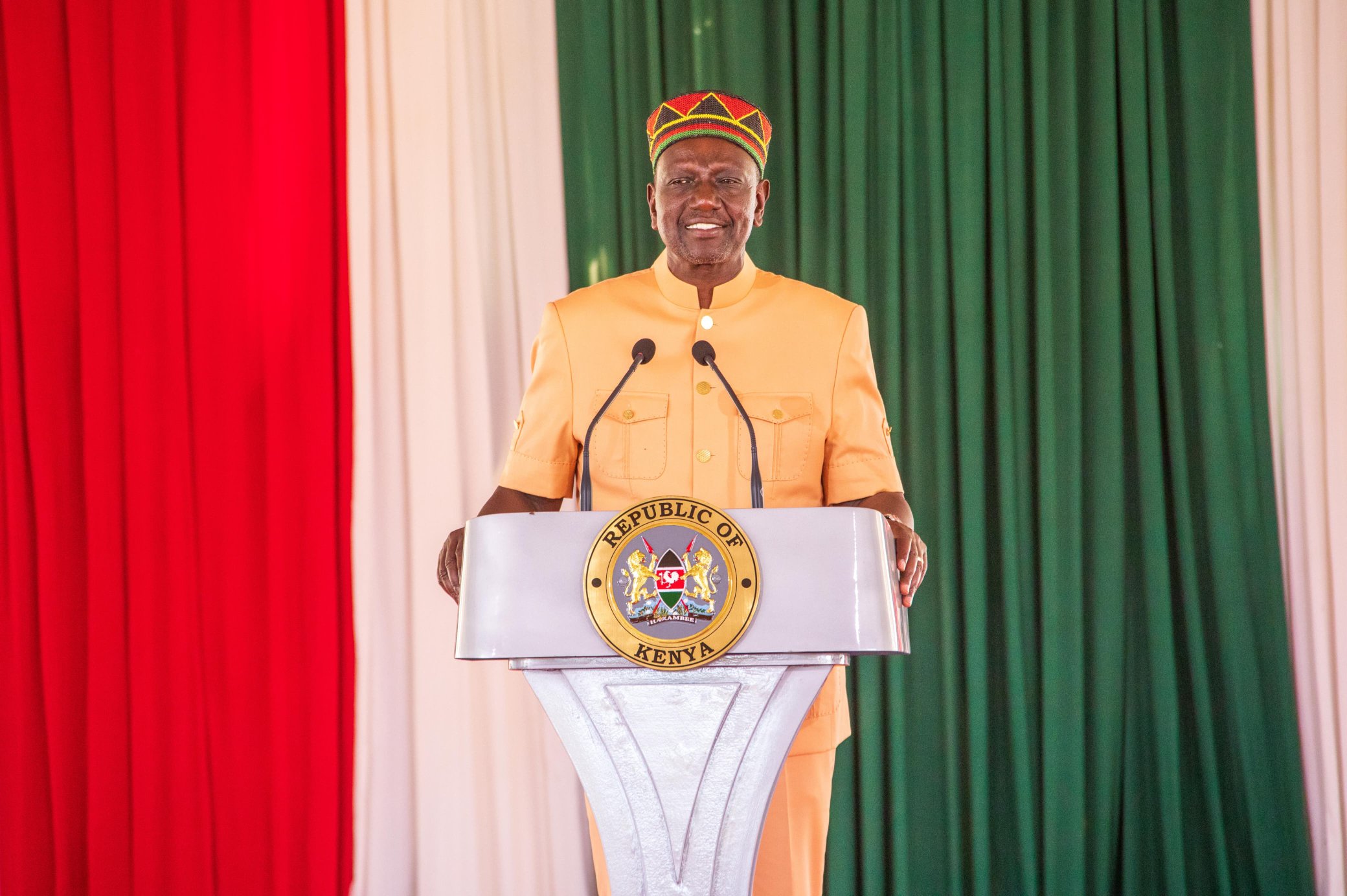 President William Ruto during the Piny Luo Culture Festival in Migwena Sports Ground in Siaya County on January 2, 2025/PCS
President William Ruto during the Piny Luo Culture Festival in Migwena Sports Ground in Siaya County on January 2, 2025/PCSSpeaking during the Piny Luo Culture Festival in Siaya, Ruto noted that the festival highlighted the migration route of the Luo people from Ethiopia through South Sudan, Uganda, Kenya, Tanzania, and the Democratic Republic of Congo (DRC).
He stated that this illustrated how communities have historically crossed borders without being divided by them.
Ruto emphasised the importance of looking beyond artificial boundaries to foster regional cooperation and shared prosperity.
"While borders may separate nations, they should not separate people who share common cultures, histories, and aspirations," Ruto said.
He added that national borders should act as stepping stones for trade, investment and the movement of goods and services across East Africa.
He urged countries to view these boundaries not as obstacles but as opportunities to strengthen ties and build a united, prosperous region.
Ruto’s message was echoed by ODM leader Raila Odinga, who pointed out that many of Africa’s borders were created by colonial powers with no regard for the indigenous communities that lived across them.
"We have become slaves to these borders," Raila said, stressing that the artificial lines separating countries have only served to hinder cooperation.
He called for greater collaboration between East African nations and rejected the notion that borders should be a barrier to unity.
"This gathering is not political, but cultural—bringing together people who share a common culture," Raila added.
He highlighted the need for African unity.
He emphasised that culture is dynamic and should evolve to bring people closer together, rather than allow colonial borders to keep them apart.
The leaders' calls for regional cooperation align with the vision of a more integrated East Africa, where shared prosperity and unity take precedence over divisive borders.
Both Ruto and Raila highlighted the success of regional organizations like the East African Community (EAC), which works to promote economic integration and the free movement of people, goods, and services across member countries.






